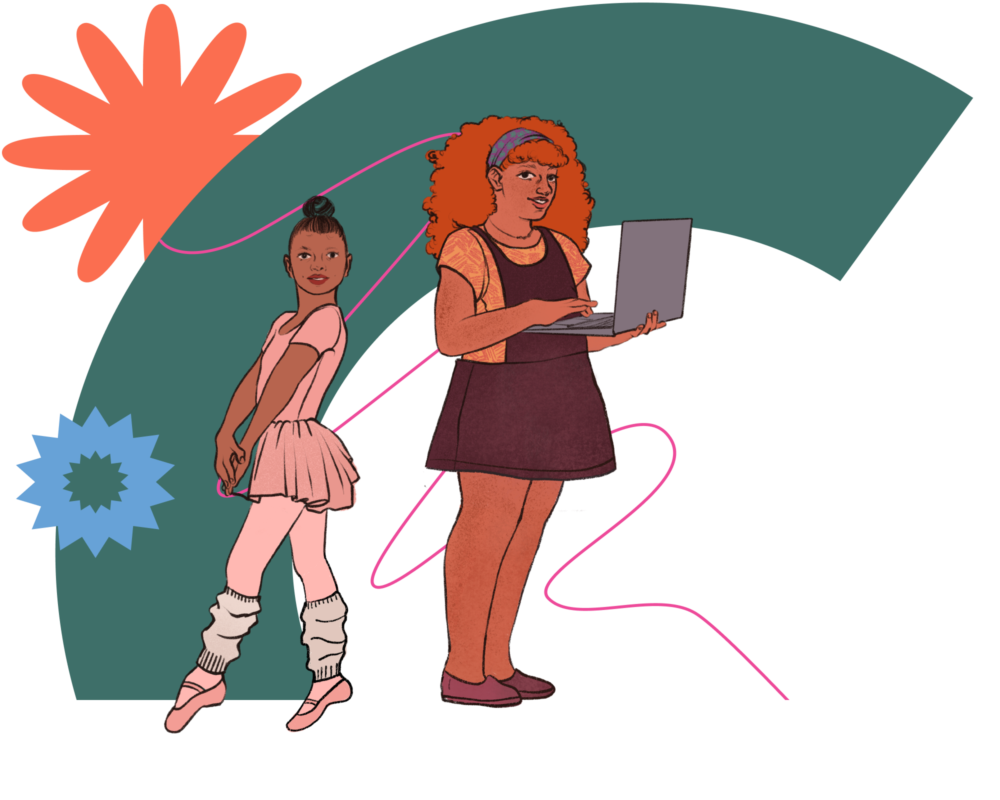Trailblazer Fellowship

Take your dreams further
-
Eligibility
You could be eligible for a Trailblazer Fellowship if you're:
Frequently Asked Questions (FAQs)
-
Tell us your dream! The possibilities are limitless from arts, stem, entrepreneurship, starting a community garden, travel, leadership, purchase equipment for a project. Dream it and tell us about it!
-
If eligible based on the criteria above, you can apply for a Trailblazer Fellowship after completing the dream or goal of your first grant.
-
No. We are excited to hear how your plans and dreams have evolved since your first ABF grant. Are you pursuing something similar or are you wanting to try something new?
-
No. The choice is up to you to stick with the mentor you worked with during your ABF grant cycle, or to choose a new mentor.
As one of the few girls taking engineering electives in high school, my voice is often ignored. Now I have learned the importance of being treated as equal.
When a girl has confidence, everything is possible.
At the core of our mission lies an unshakeable belief in the potential of girl-identifying youth across our state. We firmly hold that the power to create change resides within every girl, and our role is not to manufacture that power but to provide them with the tools and opportunities to harness it.